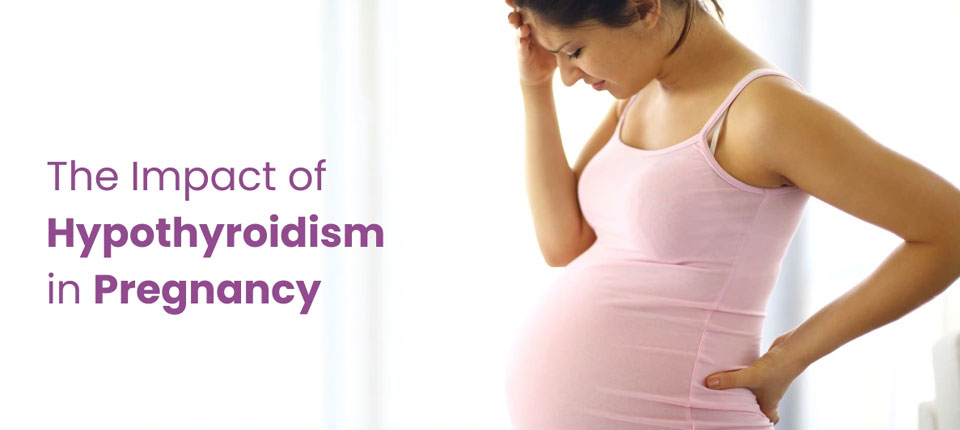
How to manage hypothyroidism with pregnancy
Managing hypothyroidism during pregnancy is crucial to ensure the health and well-being of both the mother and the baby. Here are some tips to help you manage hypothyroidism during pregnancy:
1. Work closely with your healthcare provider: Your healthcare provider will closely monitor your thyroid function and adjust your medication as needed. Regular prenatal appointments will help you stay on top of your condition.
2. Maintain a consistent medication regimen: Take your medication as prescribed by your healthcare provider, even if you're feeling fine. Consistency is key to maintaining optimal thyroid hormone levels.
3. Monitor thyroid hormone levels: Your healthcare provider will regularly check your thyroid hormone levels (T4 and TSH) to ensure they are within a normal range. This is especially important during pregnancy, as thyroid hormone levels can fluctuate.
4. Adjust your medication as needed: Your healthcare provider may adjust your medication dose or type during pregnancy to ensure optimal thyroid hormone levels.
5. Stay hydrated: Drink plenty of water and other fluids to help prevent dehydration, which can exacerbate hypothyroidism symptoms.
6. Manage fatigue: Fatigue is a common symptom of hypothyroidism, especially during pregnancy. Try to prioritize rest and relaxation when needed.
7. Eat a balanced diet: A well-balanced diet rich in protein, iron, and omega-3 fatty acids can help alleviate symptoms of hypothyroidism.
8. Consider supplements: Your healthcare provider may recommend supplements such as iron, calcium, and prenatal vitamins to support your overall health.
9. Get enough vitamin D: Vitamin D is essential for bone health and fetal development. Consult with your healthcare provider about vitamin D supplementation.
10. Manage stress: Stress can exacerbate hypothyroidism symptoms. Practice stress-reducing techniques like meditation, deep breathing, or yoga to help manage stress.
11. Attend regular prenatal appointments: Regular prenatal appointments will help you stay on top of your condition and detect any potential issues early on.
12. Be aware of potential complications: While rare, hypothyroidism can increase the risk of complications during pregnancy, such as preeclampsia, gestational diabetes, and premature birth. Monitor your condition closely and report any concerns to your healthcare provider.

Additional tips:
• If you're experiencing symptoms such as depression, anxiety, or mood changes during pregnancy, discuss them with your healthcare provider.
• Consider joining a support group or online community to connect with other women who have hypothyroidism during pregnancy.
• Keep a symptom journal to track your symptoms and share it with your healthcare provider at appointments.
Remember, managing hypothyroidism during pregnancy requires close monitoring and collaboration with your healthcare provider. By following these tips, you can minimize risks and ensure a healthy pregnancy for both you and your baby.